Studying in Ireland through IISMA was a lot of firsts for me: first time going away from home for a long period of time, first time going overseas, and first time studying abroad. Aside from now having something to casually flaunt about during family reunions, there are many perks and rewards that come with it. They can be divided into three categories: education-wise, soft skills, and personal experiences.
Education-wise, it is truly enlightening to experience another country’s education system that, in various ways, might be different or the same to our own. Oddly enough, the learning process at my host university didn’t differ much from my current major; most of the assignments were in the form of essays, group works were just as common as individual works, and even the type of students didn’t pose so much of a difference (although this might be different depending on the student and the courses taken). I found myself following the courses without significant blunders, which I was grateful for. This had caught me off guard at first, for I had been expecting to adapt a lot to a drastically different education system. But then again, it can be one of its important takeaways: we might never know we’ve been assuming until we actually go ahead and plunge headfirst into the environment.
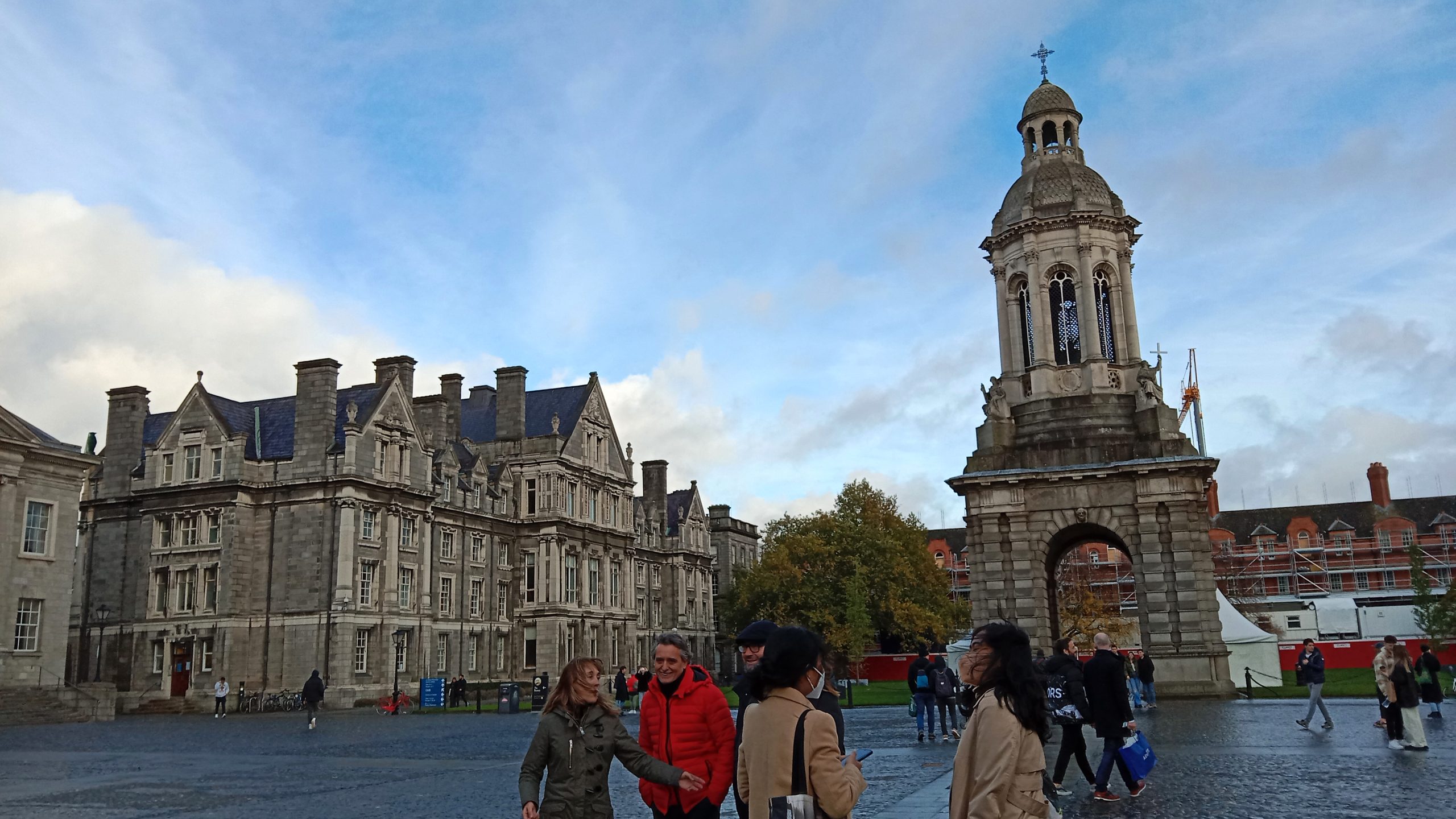
That being said, there were indeed some aspects that stood out about how the classes were conducted. For one, the lecturers were on an equal footing with the students. In Indonesia, it is quite common to see lecturers being put on a pedestal. But in my host university, the lecturers are like a good friend that are always there when you need them. They respected the students on a whole nother level and understood when students were having a hard time, busy, or even when they couldn’t attend the class. They would give extension dates on assignments if asked, even provide additional resources, and set up private meetings to help the students. In short, they went to great lengths to accommodate their students. This created an easy and supportive learning environment, encouraging the students to seek help and communicate their difficulties without too much pressure. The fact that the lecturers are on a first-name basis with the students in many English-speaking countries might contribute to this phenomenon, something that is hardly possible and can kick you out of the class if done in Indonesia.
Aside from the lecturers, the system in general was such a joy to experience. Students were allowed to try a class for two weeks before deciding whether or not to take the class or not. If they did, they could officially sign up for the module, or if they didn’t, they could easily change the class for another. It gave the students more freedom to choose and made the whole learning more enjoyable and less stressful. Speaking of classes, first meetings were used to explain in detail what the course entailed, the activities, the tasks and the assignments. All the assignments were given upfront, along with the grading marks and feedback mechanism. For example, if the lecturers said there would only be two essays to submit during the course of the semester, then two essays it was, no additional assignments or tasks given in the middle of the semester. Students knew exactly what to expect from the first to the last week of the semester.
 Education is one of the strongest tools you can use to leverage your life. I had heard that phrase all my life, but it wasn’t until IISMA that I finally understood how loaded the message it tried to communicate. I’d been having doubts about whether to pursue graduate study (Master’s) or not, thinking that maybe it simply wasn’t for me, but my semester abroad has changed my point of view. It has cemented my decision that, yes, I will pursue it, preferably sooner than later. Choosing the immediate course of your life, in this instance between pursuing a career or further studies, is by no means something to take lightly. That kind of decision—to take charge of your future education—is a powerful one. Not to mention that undertaking a student exchange gives you a track record that could be useful when pursuing a graduate study.
Education is one of the strongest tools you can use to leverage your life. I had heard that phrase all my life, but it wasn’t until IISMA that I finally understood how loaded the message it tried to communicate. I’d been having doubts about whether to pursue graduate study (Master’s) or not, thinking that maybe it simply wasn’t for me, but my semester abroad has changed my point of view. It has cemented my decision that, yes, I will pursue it, preferably sooner than later. Choosing the immediate course of your life, in this instance between pursuing a career or further studies, is by no means something to take lightly. That kind of decision—to take charge of your future education—is a powerful one. Not to mention that undertaking a student exchange gives you a track record that could be useful when pursuing a graduate study.
IISMA improved my soft skills a lot, too. One of the most prominent examples is independence. I found that living alone, especially abroad, could instil some doubts, especially if you’d never been away from home for a long period of time before. However, I learned that it didn’t have to be daunting. Sharing an apartment with fellow students certainly helped, and through this found family we learned the art of cohabitation as well: dividing house chores, managing expenses and groceries, and bonding over similar struggles of studying and living in a foreign country. Not only did it give me independenc, but skills such as making friends with people from totally different backgrounds, absorbing and assimilating new cultures, and communication also improved. It broadened my network, with the friends all over the world I’ve made along the way and the Indonesian Students Association (PPI) who lent their support during the course of my stay.
 The third aspect is personal experiences, which cover a lot of grounds. First off, we can’t talk about student exchange without considering international exposure. These days, gaining international exposure is a plus and is especially useful when looking for opportunities such as further studies, fellowships, and jobs. IISMA is one such instance, for it gives the students a mobility program and a fully-funded scholarship to cover it. A prestigious scholarship is one way to leverage yourself among many candidates in any given field. It also opens many opportunities that might not have been there before, such as being invited as a speaker or mentor to various webinars and mentorship programs. The international exposure also makes it easier for you to use it to your advantage when applying for a post that specifically requires it, like in an international event.
The third aspect is personal experiences, which cover a lot of grounds. First off, we can’t talk about student exchange without considering international exposure. These days, gaining international exposure is a plus and is especially useful when looking for opportunities such as further studies, fellowships, and jobs. IISMA is one such instance, for it gives the students a mobility program and a fully-funded scholarship to cover it. A prestigious scholarship is one way to leverage yourself among many candidates in any given field. It also opens many opportunities that might not have been there before, such as being invited as a speaker or mentor to various webinars and mentorship programs. The international exposure also makes it easier for you to use it to your advantage when applying for a post that specifically requires it, like in an international event.
Personal experiences also include the things you learned and unlearned along the way. The thing with scoring a student exchange, a full-ride at that, is one wake-up call that makes you realize you are actually more capable of more things than you’d thought you were. I learned a lot about myself thanks to the struggles I faced overseas: my upbringing, my true interests, my learning style, my career aspirations, my choice of friends, my choice of adventure, my life purpose; there are many sides of you that, previously hidden, come out only when you’re away from home. And to realize these things, to learn and unlearn perspectives of yourself, is a powerful form of personal growth.
To sum up, studying abroad is one hell of an experience. It opens the floodgates of new, exciting opportunities for you, and it gives you a chance to see the world (figuratively and literally), meet people who will leave a significant impact on your life from then onwards, learn deeply and meaningfully about yourself, and grow as a person.
When people say studying abroad changes your life, they don’t lie.

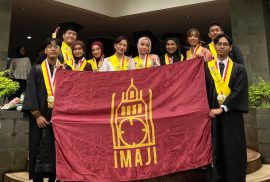
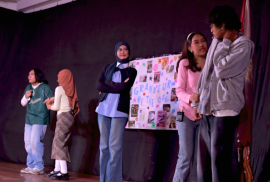
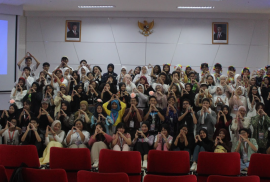
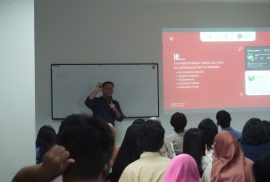
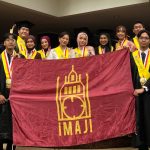

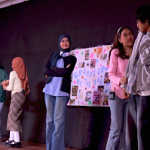
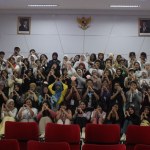
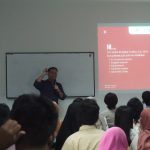

An excellent piece, Anggarsih. Very informative and encouraging. Pls spread out the words and spirit to your friends and the wider circle!
Congratulation Anggarsih. Sharing your wonderful experience is a good way to encourage other students to join the program. I hope that more and more students will have a chance to experience similar programs.
Thank you for sharing this beautiful experience in this well-written article. It was amazing that it seems there is no huge gap between Indonesian educational system and that on Ireland. Really enjoyed reading your article